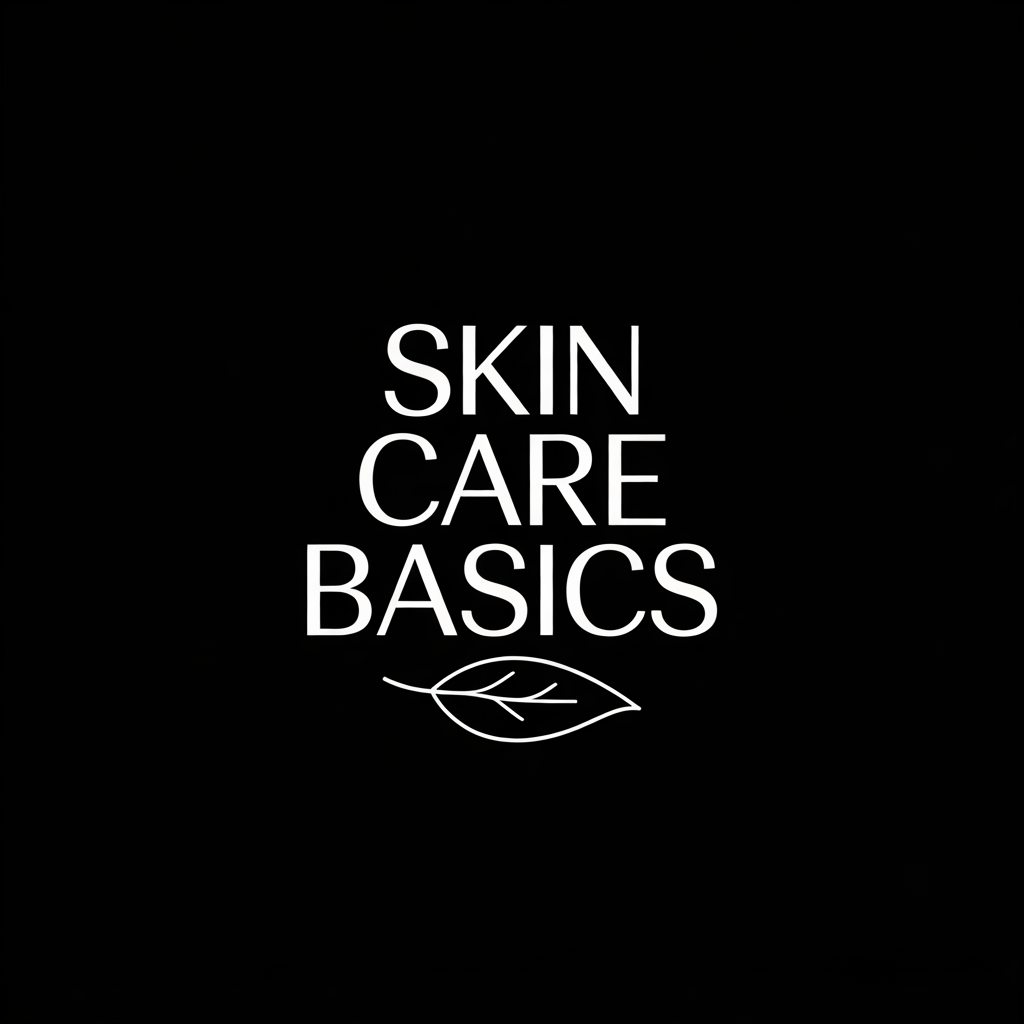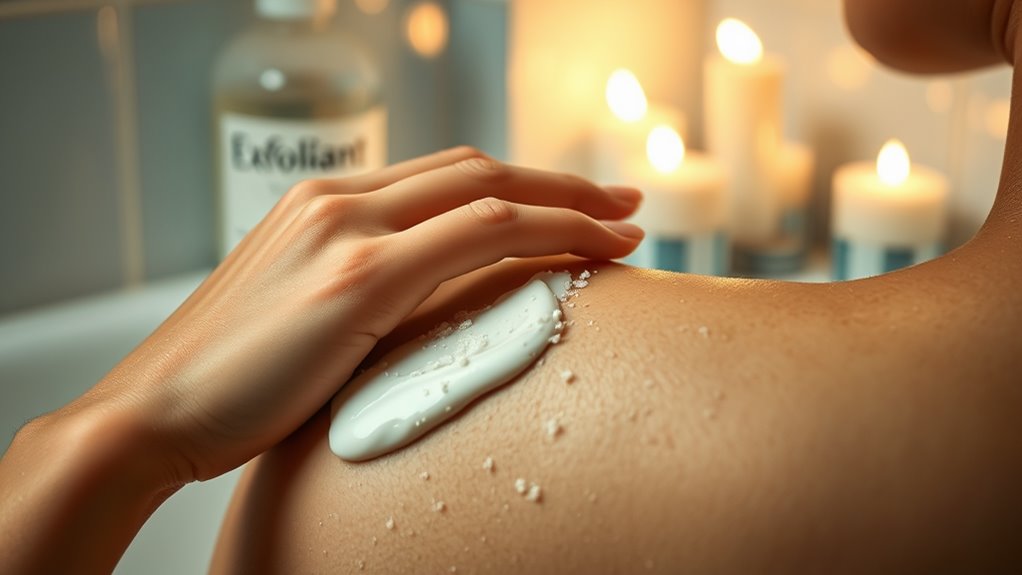Why Exfoliating Too Often Might Be Ruining Your Skin Barrier
Understanding the Skin Barrier and Its Importance
Your skin barrier is like a superhero cape, protecting you from the outside world while keeping all the good stuff in.
It’s crucial to maintain its strength because if you’re over-exfoliating, you risk damaging this vital shield.
That’s your over exfoliating warning! Treat your skin with care, and remember, a healthy barrier means glowing skin and a confident you!
Signs of Over-Exfoliation
Even if you’re diligent about your skincare routine, it’s easy to slip into the habit of over-exfoliating, especially when you’re chasing that fresh-faced glow.
Look out for signs like redness, irritation, and a tight sensation on your skin. If your complexion starts to feel dry or flaky, you might be overdoing it.
The Consequences of Compromised Skin Barrier
When you over-exfoliate, you risk compromising your skin barrier, and that can lead to a whole host of issues.
You might notice increased sensitivity, redness, or even breakouts, making your skin feel like it’s in a war zone.
Plus, a damaged barrier can hinder moisture retention, leaving your complexion dry and dull.
Trust me, your skin will thank you for moderation!
How to Exfoliate Safely
Exfoliating safely is all about finding the right balance, so your skin can glow without feeling like it’s been through a rough patch.
Start by choosing gentle products, and limit your exfoliation to once or twice a week.
Listen to your skin’s needs, and if it feels irritated, ease up.
Alternatives to Traditional Exfoliation Methods
If traditional exfoliation methods leave your skin feeling a bit too raw or irritated, don’t worry—there are plenty of alternatives that can still give you that fresh, glowing look without the harshness.
Try gentle chemical exfoliants like lactic acid or enzyme masks, or incorporate a soft washcloth for a mild physical exfoliation.
Your skin will thank you for the kinder approach!

